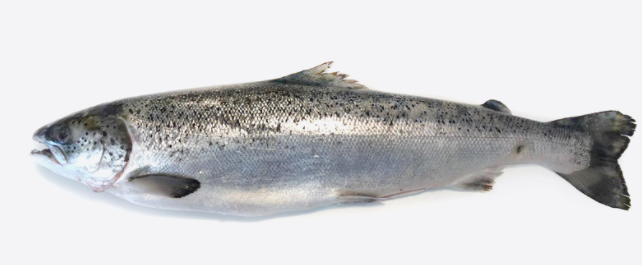Salmon vs Fish
Why do some clubs have a much higher success rate at transfers compared to their competitors?
At MRKT Insights we are big believers in the concept of current success being a reflection of past decisions. And no decisions made by a football club are more important than signing players.
Whatever fancy analytics, opposition analysis, sports science, or even coaching systems are put in place a team full of good footballers will beat less good opposition most of the time.
Talent identification is important, you want to be able to look at a player and tell whether they have the technical, tactical, and physical qualities to play at a higher level. We believe the best way of doing this is calibration, this is done by combining data and watching matches.
Data is excellent at identifying players who are too good for the level they are playing at. In simple terms if someone is scoring 30 goals a season in the third tier of a football pyramid they will get purchased by a bigger club. Event level data (data that records the on the ball actions of a player) is now good enough to easily identify players who are playing well in their current role, and covers almost every league in the world.
Watching matches at all levels will allow you to calibrate your eyes to the pace of games, the standard of the opposition, and the off the ball work and physical qualities that allow players to compete in the higher levels.
The big issue with talent identification is that most talent doesn’t hide away. Those 30 goals scored by a striker won’t go unnoticed. Often the most frustrating aspect of scouting is the timing of the transfer windows. There is a fine balance between a player maintaining enough form for the club decision makers to be convinced of his ability, and him playing too well that other people notice how good he is.
Clearly judging player ability is important but many unarguably good players have moved to clubs and not succeeded. Some Premier League squads are stuffed full of talented players, who simply don’t play.
Why?
We believe it is a question of accurately matching wants with needs.
And this brings with it a different question, perhaps the biggest question in football. Do you build to a system or adapt the system to the players you have available to you? It is philosophy vs pragmatism.
In a way this is a question of privilege. It is all very well for us to say “pick a style and stick to it” but every team has a legacy of existing players to work with. You can’t just say “let’s play like Ajax 1995” if your squad is Shrewsbury 2020.
But if you don’t have an overarching philosophy guiding your decisions what are you building towards?
The motivational poster section of the blog
There is an ancient Chinese proverb (maybe not but it sounds like it should be) that says “The best time to plant a tree was 20 years ag. The second best time is now”.
Now the type of person who reads this blog will probably say “It depends on the species of the tree, the growing conditions, the ultimate purpose of the tree is aesthetic or are we harvesting fruit or lumber? Anyway if this tree is deciduous the time of year you are saying this is going to have a huge impact and surely 19 years and 364 days ago would be better?”
However if we take a minute to breathe and free our minds of the need for petty questions we can see it is saying that if we want to enjoy the long term pleasure of making good decisions in the past then we should start making them today.
We need to balance the yin of short term results with the yang of a long term view of how we want the club to play.
Too much yin and you end up signing players who go against your long term vision. Too much yang and you forget the day to day realities that you are playing two games a week for the rest of the season with relegation a possibility.
So this balance of the short and long term needs to influence every decision. And the best way to do this is to learn when to ask for salmon and when to ask for fish.
Salmon vs Fish
In another (probably unnecessary) analogy think of the types of players you can buy as protein for the club diet.
Generic good players = Beef Burgers
Players who move you towards where you want to play = Fish
Players who perfectly fit your requirements = Salmon
Finding burgers is pretty easy. You can get them anywhere, sometimes a burger is just what you want when you are hungry.
But our long term aim as a club is to be fit and lean, giving in to that short term hunger will harm the long term vision.
But as we’ve said you cannot just ignore the short term hunger (yin) for the long term vision (yang).
If we can’t get the ideal we should get something that helps towards the goal. Have the fried fish instead.
The idea is to at least be pescatarian.
To embark on our long term goal (shared with Alaskan Grizzly Bears) of subsisting off only the best fresh, wild, sushi-grade Salmon we need to be moving all our processes towards being as good as we can at defining our wants and training our scouts to be the very best at picking out the prize catches.
But as a start we need to be making sure every player signed is a fish if not a salmon.
To help us tackle your scouting needs please get in touch.


Leave a comment